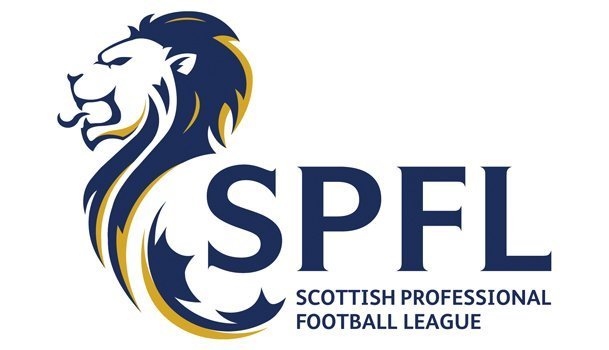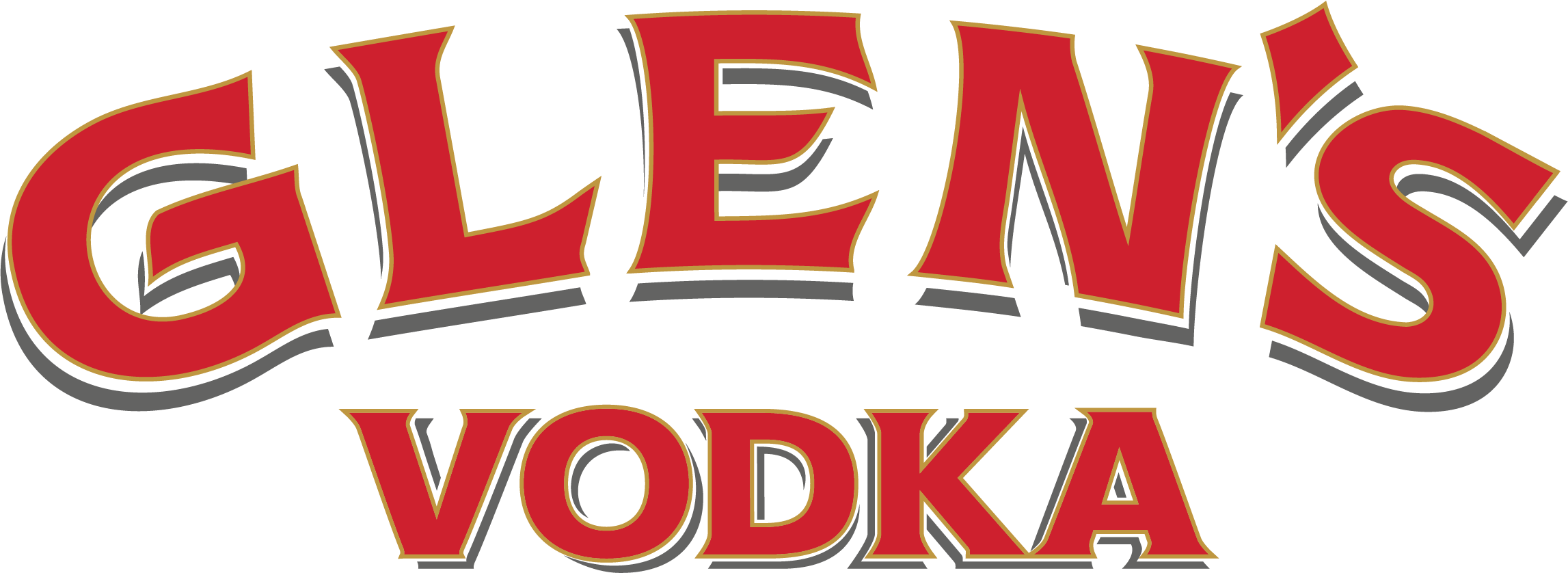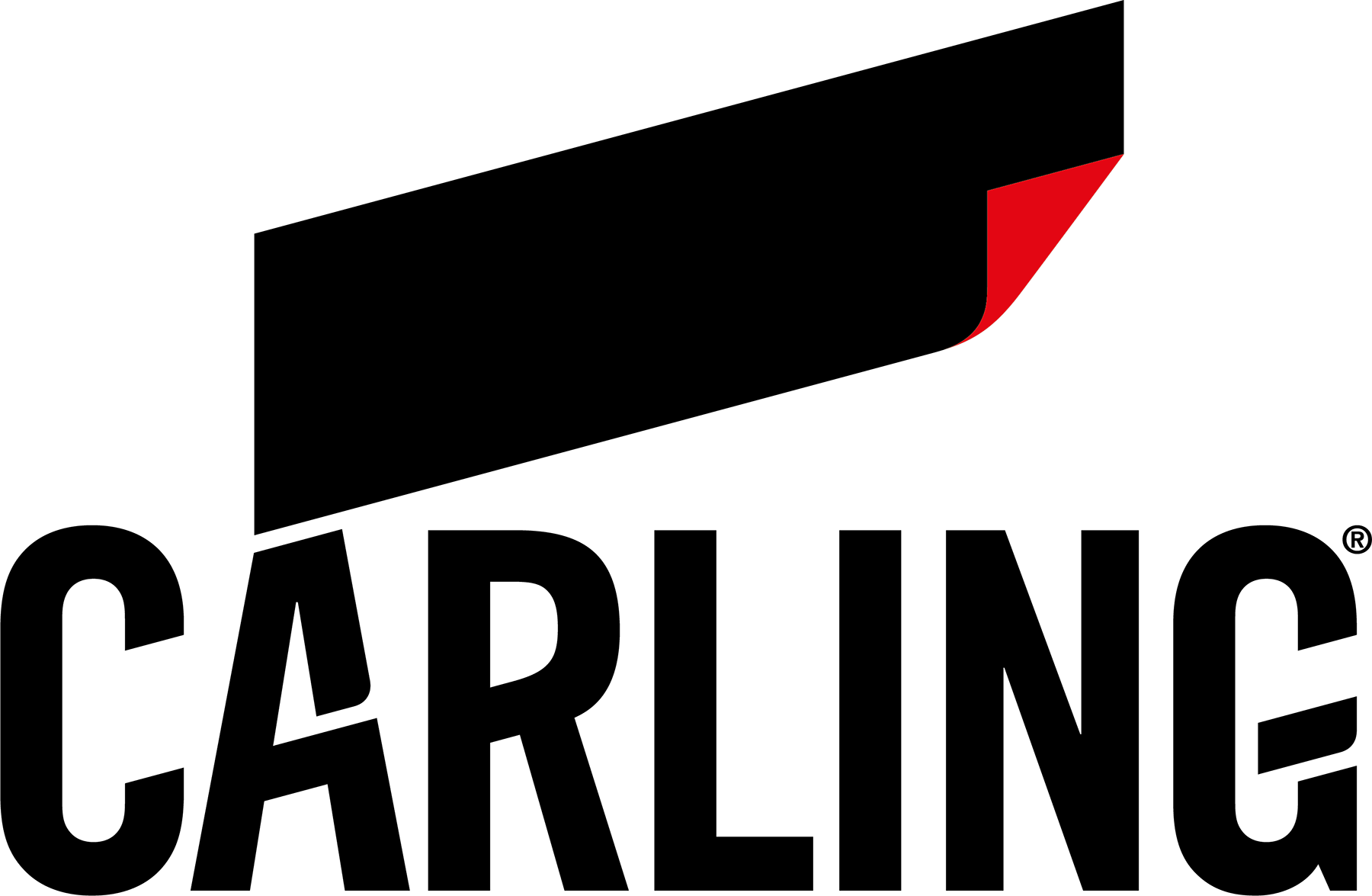The SPFL Board today announced, following legal advice from eminent Senior Counsel, Gerry Moynihan Q.C., that there will be no further disciplinary proceedings taken by the SPFL connected with the use by Rangers of EBTs and other tax schemes.
The SPFL Board further announced that it supports the calls that have been made for an independent review concerning the way in which Scottish football’s authorities have dealt with non-payment of tax by clubs, have applied their rules and regulations, and the sufficiency of changes made to their rules and regulations in this area over the last few years.
The SPFL Board of directors has considered carefully the judgement of the Supreme Court in the unsuccessful appeal by the former Rangers Football Club PLC (in liquidation) ("Rangers OldCo") against the decision of the Inner House of the Court of Session finding that OldCo acted unlawfully in failing to deduct and pay over to HMRC, PAYE income tax, from payments made by it to EBTs for many of its registered players.
Gerry Moynihan Q.C. has confirmed that:- (i) the breaches of Scottish FA and SPL Rules and Regulations arising from the failure of Rangers OldCo to make the required notifications in relation to registrations and contract disclosure requirements are now closed and cannot be re-opened by the SPFL nor can the Commission or a new Commission now impose further or different sanctions. The SPFL has no power in law to re-open these issues and the Commission has no power in law, assuming it wished to do so, to modify or supplement the sanction previously imposed;
(ii) there were not and are not in the SPL/SPFL Rules and Regulations any other provisions which can be or could have been pursued in relation to the failures of Rangers Oldco to make payments of PAYE tax to HMRC in relation to its employees who benefited from EBTs; and
(iii) there were not and are not in the SPL/SPFL Rules and Regulations any other provisions which can be or could have been pursued in relation to any alleged damaging effects on the reputation of the game resulting from any acts and/or omissions of Rangers OldCo in relation to the failure to deduct and pay over PAYE tax.
In short, Senior Counsel has advised that there are no disciplinary proceedings, beyond those already taken and concluded before the Lord Nimmo Smith Commission, which were at any time or are now open to the SPL and/or SPFL in relation to the failure of Rangers OldCo and/or its officers to deduct and pay over PAYE which Rangers OldCo was obligated to deduct and pay over but which it failed so to do.
Since 2010, the SPFL has brought in a number of rule changes dealing with non-payment of tax. These were further bolstered at Monday’s SPFL Annual General Meeting.
The detailed advice given by Gerry Moynihan Q.C. to the board of directors of the SPFL as regards the options, if any, open to the SPFL in relation to further disciplinary action by the SPL/SPFL, is provided.
Ralph Topping, independent non-executive Chairman of the SPFL, commented: “The Board of the SPFL has noted the calls that have been made for an independent review and report concerning the way in which Scottish football’s authorities have dealt with non-payment of tax by clubs, application of their rules and regulations and the sufficiency of changes made to their rules and regulations in this area over the last few years.
“The Board of the SPFL supports those calls for such an independent review and will seek to facilitate such review and the publication of its report with and to the Scottish FA. The SPFL will seek to agree terms of reference with the Scottish FA and the identification of appropriate independent reviewers.”
Advice of Gerry Moynihan Q.C., Senior Counsel
Summary
- Given the complexity of the questions it may help if I begin with a short summary.
- My advice is that neither the SPL nor the SPFL can take any further disciplinary action against Oldco, Newco or Rangers (the club) in respect of the events that culminated in the liquidation of Oldco.
- Several possible complaints have been canvassed and I will address them one by one.
- The first possible complaint relates to failure to disclose the full range of payments when players were registered. That complaint was ‘prosecuted’ before the LNS Commission. The decision of the Commission was subject to certain limitations. Principally, it proceeded on the assumption that the EBT scheme was lawful. Secondly, there has been some suggestion that the Commission had an incomplete understanding of the full range of undisclosed payments (though this has not been demonstrated). Notwithstanding these limitations, it is now too late to appeal the decision of the LNS Commission; and, applying the general principle of finality in litigation, it is not possible for the SPFL to bring a new or second complaint in respect of essentially the same matter.
- The second possibility relates to non-payment of tax. The SPFL now has rules requiring tax to be paid when ‘due’. Those rules were first introduced after Oldco ceased to member of the SPL. The Rules define the date when a formally contested tax liability is considered to fall ‘due’: it falls due when the tax dispute is resolved. That day will only come when the Supreme Court announces its decision. Assuming that the Supreme Court holds that there is a tax liability in respect of the EBT scheme that will be a liability of Oldco (not the club under the current ownership of Newco). There can be no complaint by the SPFL against Oldco because that company is not a member. I have been asked whether it would be possible to bring a complaint against the club on the basis that the SPFL Rules can be construed as referring to any tax due in respect of the activities of a club, even by a past owner. While the point is not entirely free from doubt it is my opinion that the Rules do not apply to tax due by former owners and, therefore, it would not be possible to bring a complaint against Rangers (and Newco) in respect of any failure by Oldco to pay tax.
- Even if the SPFL Rules cover any tax due in respect of a club’s affairs by former owners, I see no reasonable basis for disciplinary action. A breach of the tax rules leads to a specific sanction, a transfer embargo until the tax is paid. This tax will not be paid. An indefinite transfer embargo would be unreasonable and even an embargo for a restricted period cannot to my mind be justified.
- The final option would be to consider the whole affair (non-disclosure of the payments and non-payment of any tax due) as conduct that brought the game in to disrepute. That cannot be pursued by the SPL or SPFL. The Rules of the SPL and SPFL do not contain such a disciplinary offence and, therefore, there can be no charge brought by the SPL or SPFL on that basis.
The SPL/SPFL
Question 1
Does Senior Counsel consider that it would be competent for the decisions of the LNS Commission as regards sanction to be reopened/revisited by the LNS Commission on the application of the SPFL Limited in the light of a material subsequent change of circumstances, viz the decision and/or reasoning of the Inner House being upheld by the Supreme Court, or is the LNS Commission functus as regards sanction notwithstanding any such change in circumstances? It is appreciated that such [re-opening] would give rise to complications as regards the £250,000 fine and the Arbitration.
- I answer this question in the negative.
- The Commission was appointed under the 2012 edition of the SPL Rules G1.1 and G1.2. I assume that the reference in Rule G7.3 to Rule D1.2 is a misprint and that it ought to refer to G1.2. On that assumption the decision of the Commission is “final and binding on the parties”, subject only to any appeal to the Scottish FA. It follows that the Commission is functus and cannot be asked to reopen its proceedings.
Question 2
Could an appeal against the sanction imposed by the LNS Commission on Oldco now be pursued, based on new material relevant to sanction i.e. the Supreme Court decision, and, if so, on what basis and with what prospects of success, to the Scottish FA Appeals Judicial Panel, the relevant appellate body? The time for appeal is ordinarily 5 Working Days but can be extended by the Appeal Tribunal.
- I answer this question in the negative.
- The Memorial refers to the time limits for an appeal in the 2015/16 Protocol (Document 2). Strictly speaking, one should consider the time limits in the contemporaneous code (i.e. that applying in 2012/3), but I do not consider that to be necessary here. An appeal against any order may be barred by acquiescence in the order: McCue v Scottish Daily Record & Sunday Mail 1998 SC 811; and AS v Murray (No. 2) 2007 SC 688. The Commission’s decision has been enforced against Newco through retention or set off and that would amount to acquiescence and would now bar any appeal.
Question 3.
Does Senior Counsel consider that it would now be competent for the SPFL Limited to initiate wholly new proceedings before a new Commission relying on breach of the same rules and regulations as was held established by the LNS Commission but seeking further sanctions and, if so, with what prospects of success?
- I answer this question in the negative.
- In Cadder v HMA 2011 SC (UKSC) 13, at §§58-62 and 98-103, Lords Hope and Rodger referred to the principle of legal certainty: final decisions determine the issue between the parties and the same issue cannot be the subject of successive claims between them. In crime that principle is expressed in the concept of double jeopardy and in civil litigation it underpins the plea of res judicata. In England it has been applied to disciplinary proceedings via the concept of 'cause of action estoppel’. I refer to R (on the application of Coke-Wallis) v Institute of Chartered Accountants in England & Wales [2011] 2 AC 146. A complaint against Mr Coke-Wallis was dismissed by a tribunal and the Institute sought to present a reformulated, second complaint in respect of essentially the same matter and was held not to be entitled to do so. There are differences between the Scots Law concept of personal bar and the corresponding English concept of estoppel, and in particular there is no direct Scots Law equivalent of cause of action estoppel. Nonetheless, the rationale for the decision in that case lies in the principle of legal certainty that is recognised in Scots Law and it would bar a second complaint in respect of essentially the same matter.
- For the avoidance of doubt, my answer proceeds on the hypothesis expressed in the question: the new proceedings rely on the same rules and regulations. My answer should not be understood to exclude a second disciplinary complaint in all circumstances. To take the examples of double jeopardy and res judicata, the objection is to successive disputes on essentially the same matter. A second case can proceed if there is a sufficient difference between the issues or matters concerned. What amounts to a ‘sufficient’ difference is a fact sensitive question.
Question 4.
There were no specific Rules in existence during the period of operation of the EBTs etc. Schemes by Oldco requiring Clubs or their owners to pay tax liabilities when they fell due; this continued to be the position up to 12 July 2012 when such Rules were adopted. This was shortly before Oldco ceased to be a shareholder in SPL Limited and Rangers FC ceased to be a member Club of the SPL on 3 August 2012. These are now SPFL Rules E20-E29. These SPFL Rules replaced the SPL Rules after Oldco ceased to be a shareholder in SPL Limited. They came into force on 27 June 2013 when Newco became a shareholder in SPFL Limited and Rangers FC a Club in the SPFL.
4.1 Is the reference to Club in SPFL Rules E20 to E29 and to the Tax Liability of such a Club, in context, a reference only to the Tax Liability of the owner and operator of a Club for the time being or does it extend to the Tax Liability of a former owner and operator of the same Club incurred at a time before SPFL Rules E20 to E29 were adopted? Reference is made to the definitions of "Club" and "Tax Liability" in SPFL Rule A4.
4.2 In the case of Rangers FC, it was a member of the SPL and it was owned and operated by Oldco until Rangers FC became owned and operated by Newco. It subsequently played in the SFL in Season 2012/2013. Oldco was a Member (shareholder in) of SPL Limited until 3 August 2012 but Newco was not a Member of SPL Limited (the same company as SPFL Limited) until 27 June 2013 when it became a Member of (shareholder in) SPL Limited (later renamed SPFL Limited) and Rangers FC became a member Club of the SPFL. Is the tax liability of Oldco arising from use by Oldco of EBTs etc. a "Tax Liability" of Rangers FC, as now a member Club of the SPFL, for the purposes of Rules E20 to E29 and if the Supreme Court, as the final appellate body, refused the appeal against the decision of the Inner House will the consequences of Rules E20 to E29 apply to Newco and Rangers FC?
- There is scope for argument about question 4.1 but having given the matter considerable thought I prefer the view that SPFL Rules E20-29 apply to the combination of the club and its current owners. The ruling in §46 of the preliminary decision of the LNS Commission (Document 12) supports the proposition that there is a distinction between a ‘club’ and its owners and operators from time to time. That will reflect the fact that fans, and the sports minded general public, identify with the club and not necessarily with the owners. That having been said, the LNS Commission was not considering the proper interpretation of Rules E20-29. A ‘club’ is defined as “a Football club ... which is, for the time being, eligible to participate in the League and, except where the context otherwise requires, includes the owner and operator of such club”. The key here is that Rangers FC is not a legal entity. The legal entity liable to tax was Oldco. That being so, the context requires us to read the ‘club’ as including the owner and operators for the time being (i.e. it current owners).
- I would answer question 4.2 in the negative. My reasoning proceeds in stages.
- Since the liability is that of Oldco, there can be no question of Newco being directly in breach of the rules.
- Is it possible to hold Newco indirectly liable by virtue of the 5-Way Agreement? In other words, is it possible to hold Newco liable for a breach of the rules by Oldco? My view is no because that presupposes that Oldco was in breach of some SPL or SPFL rule. As I shall explain in the next paragraph, Oldco was not in breach of the SPL Rules and cannot be in breach of an SPFL rule.
- Under Tax Law an assessment may be immediately due and payable notwithstanding that an appeal is pending. As far as HMRC is concerned, Oldco may have been under a liability to pay tax in respect of EBTs as at the date when the SPL first introduced rules on this matter (16 July 2012). However, the SPL Rules do not take such a hard line. Where a tax assessment is being ‘formally contested’ (i.e. appealed) it is not ‘due’ for the purposes of the SPL/SPFL Rules until the date of final determination of the claim (A6.32 in the July 2012 Rules; and E.28 in the current SPFL Rules).
(a) As at the date when Oldco ceased to be a member of the SPL (August 2012) the EBT tax was not ‘due’ for the purposes of the SPL Rules because it was ‘formally contested’. Oldco was not in breach of the SPL Rules at that date.
(b) Assuming that the Supreme Court upholds the assessment the tax will become ‘due’ as at the date of the Court’s decision but Oldco is no longer a member of the SPL/SPFL and therefore it cannot be in breach of the rules in force as at that future date.
Question 5
There are some SPFL Rules requiring conduct to be generally compliant with certain standards. These are, or at least were also included in the SPL Rules when Oldco was a shareholder in SPL Limited and Rangers FC was a member Club of the SPL (SPL A3.2 is now adjusted to what is now SPFL B2, note the repositioning of words, the following is as the Rules appeared in the SPL Rules when Rangers FC was a member Club of the SPL and Oldco was a Member of SPL Limited:
“A3.1 In all matters and transactions relating to the League and Company each Club shall behave towards each other Club and the Company with the utmost good faith.
A3.2 No Club, either by itself or its Club Officials, shall by any means whatsoever unfairly criticise, disparage, belittle or discredit any other Club, the Company or the League or in either case any such other Cub or the Company’s directors, officers, employees or agents (which shall, for the avoidance of doubt, exclude supporters).”
SPFL rule A3.2 has been construed so that "unfairly" only applies to "criticise" but this has been clarified by the word being repositioned in what is now SPFL Rule B2.
Assuming the Supreme Court affirms the decision of the Inner House, what would be the prospects of success in SPFL Limited pursuing Oldco and/or Newco and/or Rangers FC before a SPFL Commission relying on breach of one or both of Rules A3.1 and/or A3.2? To date A3.2 has been construed as applying to a Club committing an act of belittling etc. e.g. saying something negative about the League etc., as opposed to doing something which, as a consequence, brings discredit on the League, e.g. not discharging its tax liabilities.
- I agree that Rule A3.2 is limited to the specified acts and is not to be construed as a more general prohibition against bringing the game in to disrepute. It is, accordingly, not relevant.
- I doubt the prospects of a complaint under Rule A3.1 succeeding. Firstly, there can be no complaint against Newco. That company cannot be in breach of Rule A3.1 because this is an SPL Rule and Newco is not subject to those rules. With regard to Oldco and the club, it is open to question whether the implementation of a tax avoidance scheme is inconsistent with the utmost good faith because tax avoidance is lawful. If the Supreme Court upholds the decision of the Court of Session the result will be that the tax avoidance scheme will have failed but I doubt that it is appropriate to reinterpret past events in light of a court ruling that comes at least 4 years later. The mere fact that the scheme is ultimately held to have been ineffective does not mean that when the scheme was being applied the club and Oldco acted with less than the utmost good faith.
- For completeness, I should deal with the possibility of a disrepute charge combining SPL Rule A7.1.1(b) (July 2012 edition) and Scottish FA Article 94.1. SPL Rule A7.1.1(b) obliged Oldco to comply with the Scottish FA Articles. Scottish FA Article 94.1 contains a specific provision relating to conduct that brings the game in to disrepute. Non-payment of tax can bring the game in to disrepute and therefore non-payment of tax would be covered by Article 94.1. Could the SPL have brought a charge against Oldco by a combination of these two rules? My answer is in the negative because in 2012 the disrepute provision was of limited scope. At that time (see Document 1) Scottish FA Article 94.1 only conferred jurisdiction on the Judicial Panel and it gave that tribunal discretion to select from a limited range of sanctions. The decision of Lord Glennie in Rangers Football Club PLC Petitioner 2012 SLT 1156 highlights the limitations of that Article. It does not establish a more general disciplinary obligation that can be enforced independently of the machinery specified in Article 94.1 and therefore it could not provide a platform to the SPL/SPFL for separate prosecution by them.
Questions 6 and 8
6 If there are reasonable prospects of success having regard to the answer to the question at 4.5, what are the prospects, having regard to the terms of clause 2.1 of the 5-Way Agreement and the SPL Side-Letter, of SPFL Limited recovering from Newco any financial sanction that might be imposed by an SPFL Commission on Oldco and/or Rangers FC for breach of the Rules referred to in question 4.5 in relation to operation of EBT etc. Schemes by Oldco?
8 Assuming an affirmative answer to 4.5, how should any charges/Issues be framed, against which party(ies) should they be brought and what categories of evidence would require to be adduced to establish same?
- These do not arise in light of my answer to question 5.
Question 7
SPFL Rules J16.6, J16.7 and J16.13 comprise a variety of 'sporting sanctions' which might be imposed by a SPFL Commission for a breach of or failure to comply with SPFL Rules. Equivalent provisions were included in the SPL Rules. If there were a finding of breach of the SPL Rules by Oldco/Rangers FC with respect to the use of EBT etc. Schemes and/or non-payment of tax in connection with EBT etc. Schemes would it be competent for a SPFL Commission to:
(i) now impose sporting sanctions in relation to SPL competitions which took place during the period 1999-2010 e.g. the cancellation of the award of a Championship during that period;
(ii) now impose sporting sanctions on Rangers FC in relation to the League Cup in the period prior to 27 June 2013 in respect that prior to that date the competition was owned and operated by the SFL;
(iii) impose sporting sanctions in relation to SPFL Competitions taking place now and since 27 June 2013; and
(iv) in each of cases (i), (ii) and (iii) would such sporting sanctions be effective as against any one or more of Oldco, Newco and/or Rangers FC?
It is recognised that the effectiveness of a historical sporting sanction is not a straightforward concept. For present purposes, unless counsel advises otherwise, what might be considered effective in the case of a Championship or Cup might be an order that its award is withdrawn ab initio and a direction to Newco and Rangers FC that it does not represent that it was a Championship or Cup won by Rangers FC. It is understood that the historical awards of Championships or Cups are amongst the 'assets' of Oldco purportedly 'sold' to Newco, through the agency of the administrators by Oldco, in June 2012; so that Newco might now be sanctioned by SPFL if it did not cease to claim that such an award stood in the records of Rangers FC.
- This also does not arise given my answers to the preceding questions.
Question 9
Senior Counsel will be aware that partners in BDO are the liquidators of Oldco. Once the Supreme Court has issued its decision in the appeal, it is likely that the liquidators will thereafter take steps to finalise the winding up of Oldco and to secure its dissolution. The latest reports of the Liquidators of Oldco suggest that the liquidation will be ongoing for a considerable period.
- Senior Counsel is asked to advise on the legal implications for SPFL Limited and the SPFL of the dissolution of Oldco, particularly if disciplinary proceedings have been initiated against Oldco prior to dissolution but are not completed? Would SPFL Limited be able to prevent (by interdict or otherwise) such dissolution if such process was considered likely to prejudice those disciplinary proceedings?
- Would dissolution of Oldco discharge Newco of its obligations to SPFL Limited as regards sanctions imposed on Oldco in terms of Clause 2.1 of the 5-Way Agreement?
25. The Court can, on an application, defer dissolution under section 205(5) of the Insolvency Act 1986.





.png)












